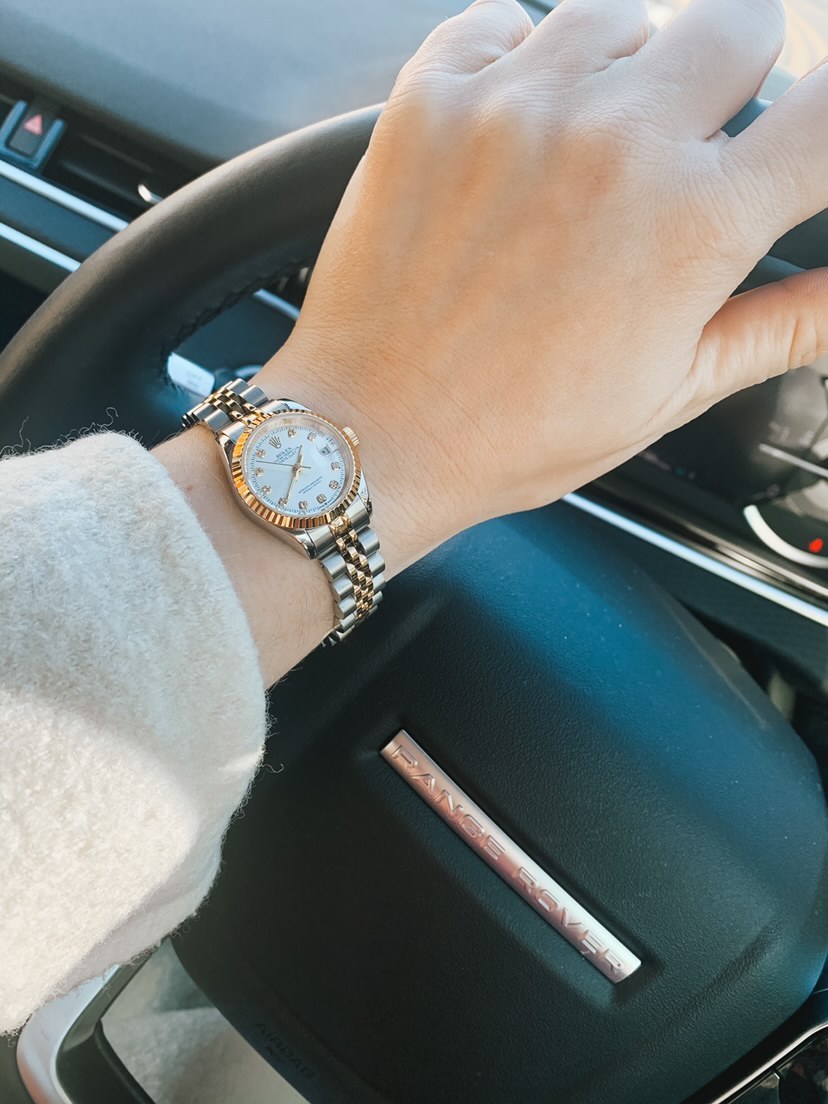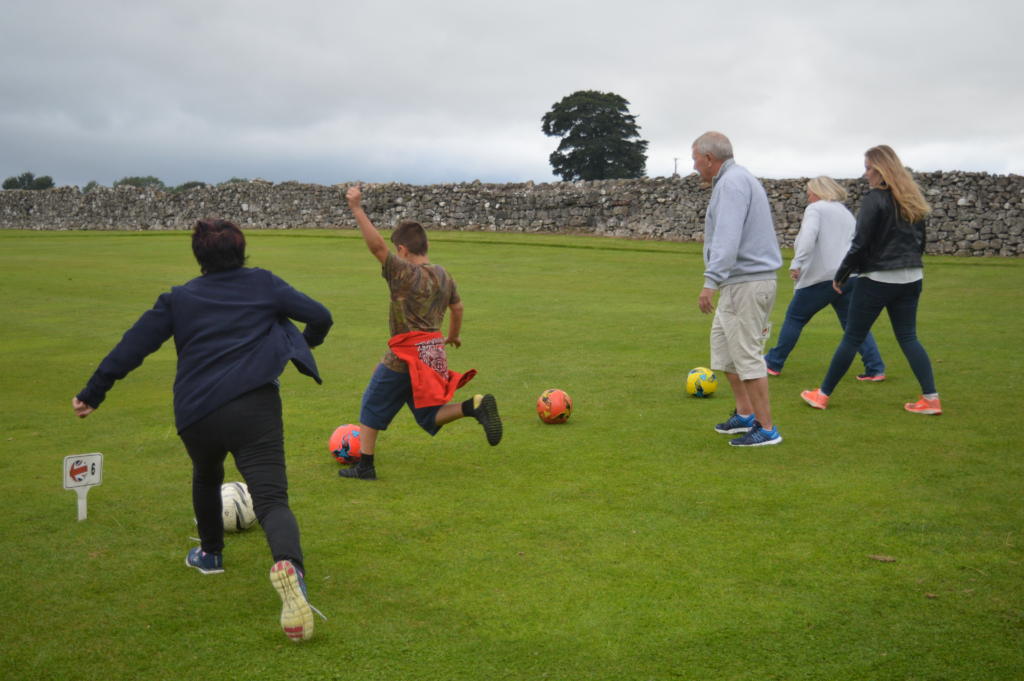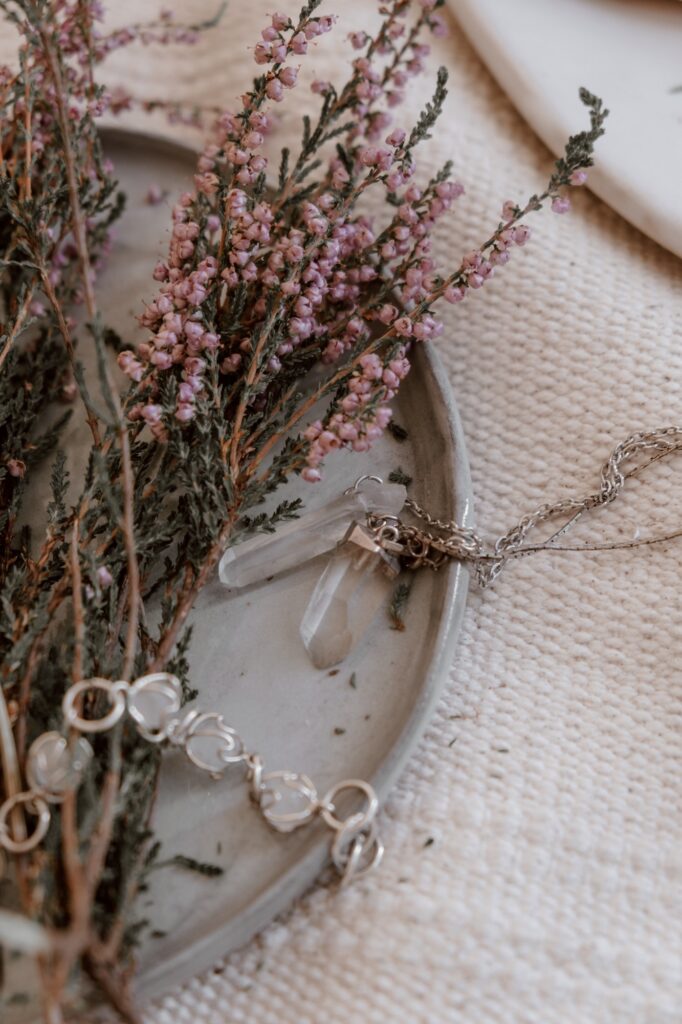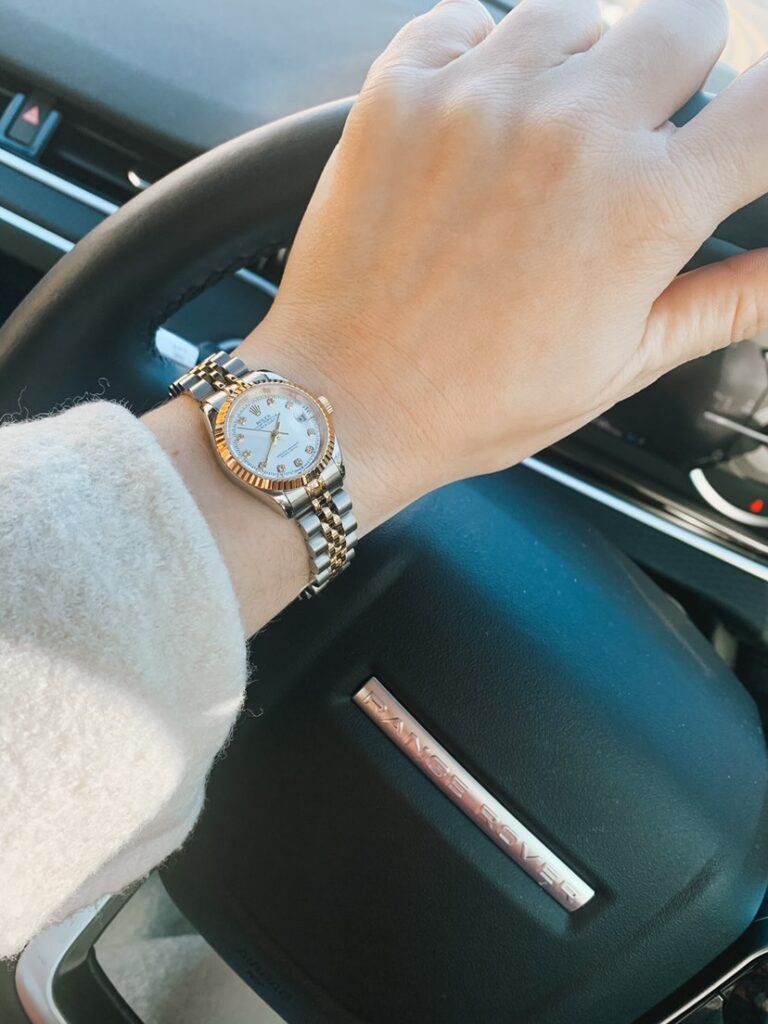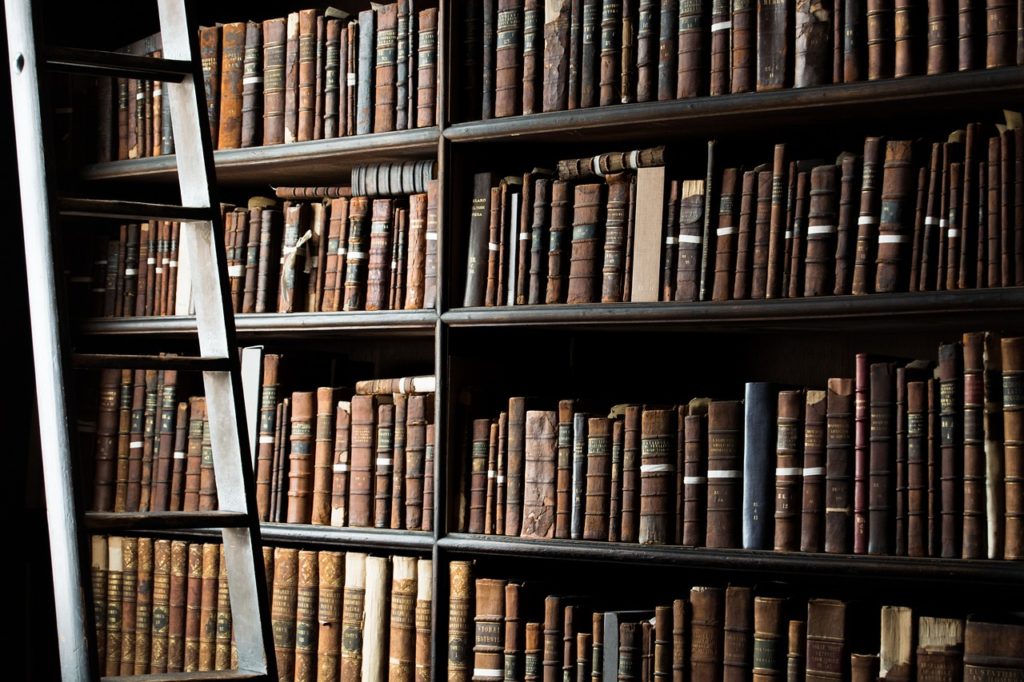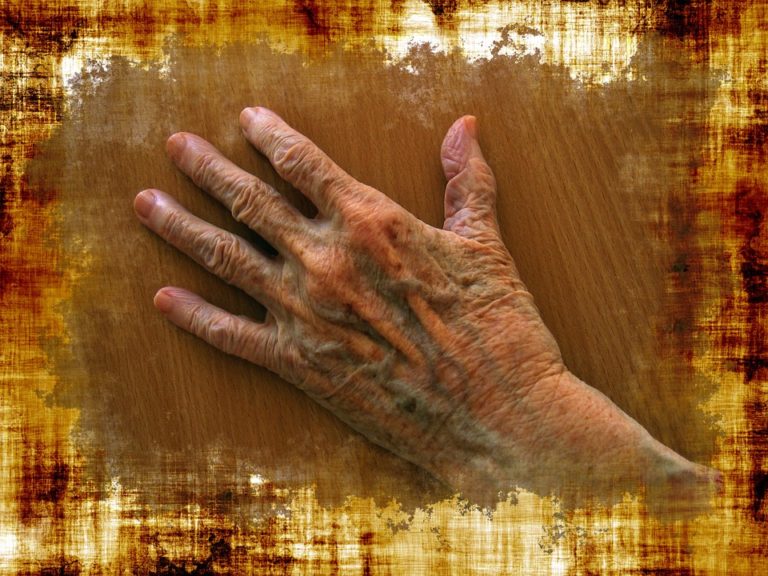The 5 Best Items That Make Great Heirlooms To Pass Down
Long ago, families didn’t have cameras or social media to capture moments. Instead, they had heirlooms. These precious items told stories. These treasures connect us to our family’s past and offer a glimpse into the lives of those who came before us.
Through heirlooms, we feel a bond with our ancestors and keep their stories alive. Not too many think of things they can be buying today that will act as a way to keep our stories alive for future generations. In this article, we will go over several items you should be buying that can be passed down to others over the years.
The 5 Best Items That Make Great Heirlooms To Pass Down
1 – Jewelry
Jewelry holds a special place in many families. These pieces often carry memories of significant life events. Perhaps it’s a wedding ring that has seen decades of love or a designer jewelry box given on a milestone birthday.
Not just any jewelry will work to pass down as an heirloom unless it holds some special significance. Think about jewelry made by craftsmen that can be passed down. These are people who have learned a special skill, like making jewelry, from older family members or teachers. When they make something, they put a lot of love and hard work into it. Every small detail is made with care.
Buying jewelry like this means you’re getting something really special. It’s not like the regular jewelry that everyone has. It’s a piece of art. And as time goes on, it becomes even more special. People in the future will look at it and think about the person who made it and the person who wore it. It’s a way to remember today for many years to come.
2 – High end watches
Watches do more than just tell time. They show a person’s style and the hard work that went into making them. A really good watch from a famous brand can be like a treasure. It’s something special that can be given to kids and grandkids later on.
Every watch is like a tiny machine on your wrist. Luxury brands make sure every little part inside works perfectly. These watches last a long time because they’re made really well. And when people see a good watch, they know it’s special.
3 – Limited edition collections
Mass produced items don’t make for great heirlooms, but not limited edition collectibles. These are special items that only a few people can have because there aren’t many of them. Think of them like rare treasures. Maybe it’s a toy, a sneaker, or a coin that’s different from the usual ones.
When something is called “limited edition,” it means it’s unique. People like having things that not everyone else has because it feels special. As time goes on, these items can become even more special. Because there are only a few of them, they can be hard to find later. People might look at them and think about the time when they were made or the person who had them first.
If you buy a limited edition item today and take good care of it, it can be a special gift for someone in the future. It’s a way to share a piece of today with tomorrow. It might even be worth more money later because it’s so rare.
4 – Hand made textiles
Handwoven textiles and fabrics are like art made from threads. Instead of machines doing all the work, people use their hands to make beautiful things like rugs or wall hangings. Each piece takes a lot of time and skill.
When something is handwoven, you can tell that someone put a lot of love into it. Every line, color, and pattern was chosen carefully.
These handmade pieces are special because they’re all a bit different. Even if two things look the same, there are tiny differences that make each one unique.
5 – First edition books
Some books are enjoyed and then put up on a bookshelf after reading. But some books are even more special. First edition books are a prime example. These are the very first ones made when a new story comes out. They’re like the original version of a song or the first slice of a pie.
If you get one of these books now and keep it safe, it can be a treasure for someone else later. If you can get it signed then it’s an even better way to connect with the past, the story, and the person who wrote it.

